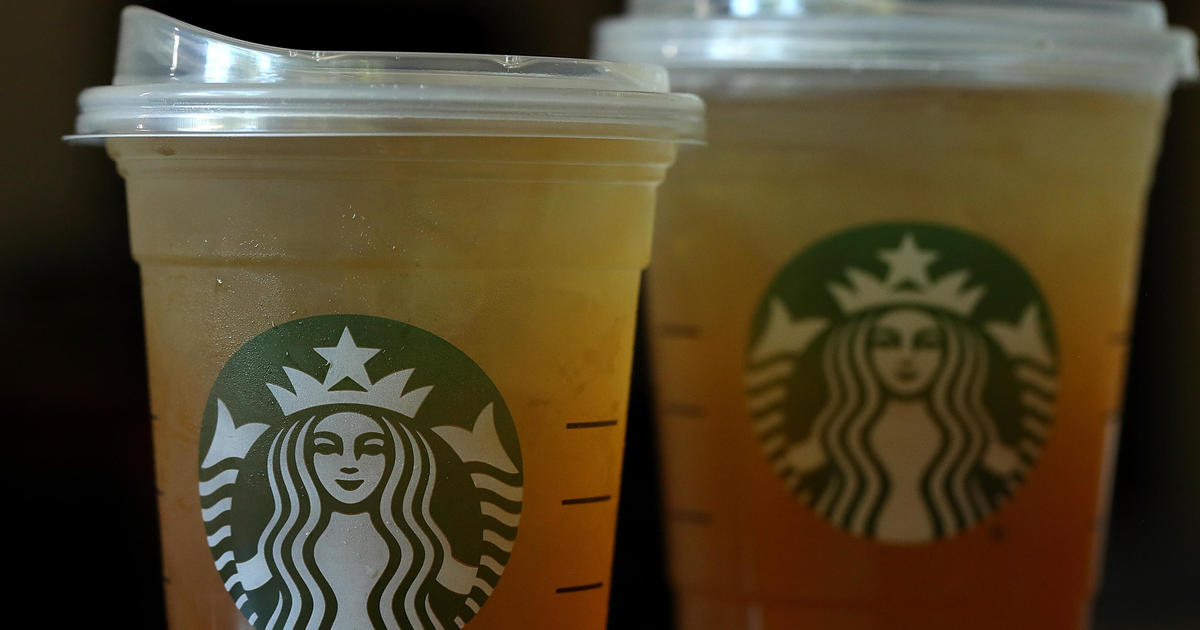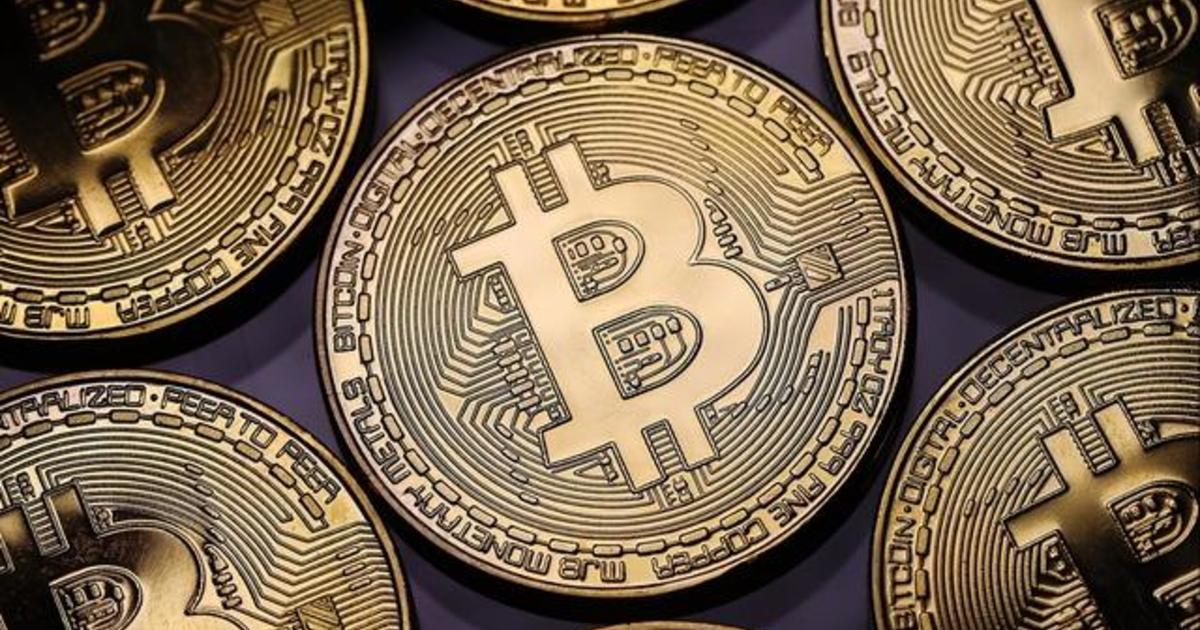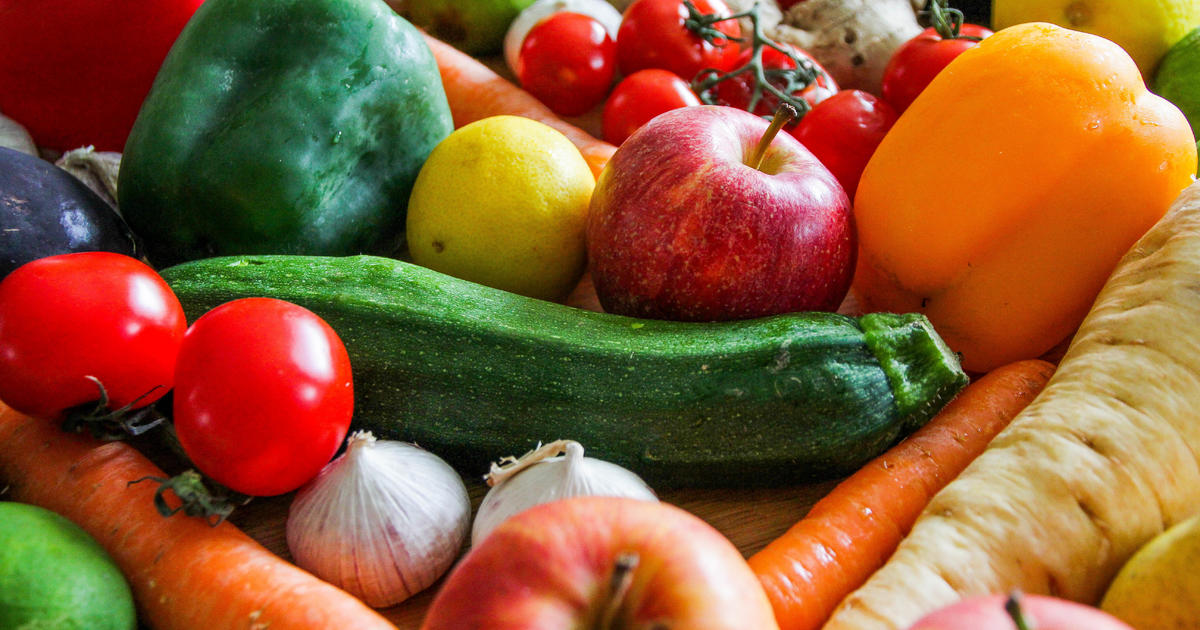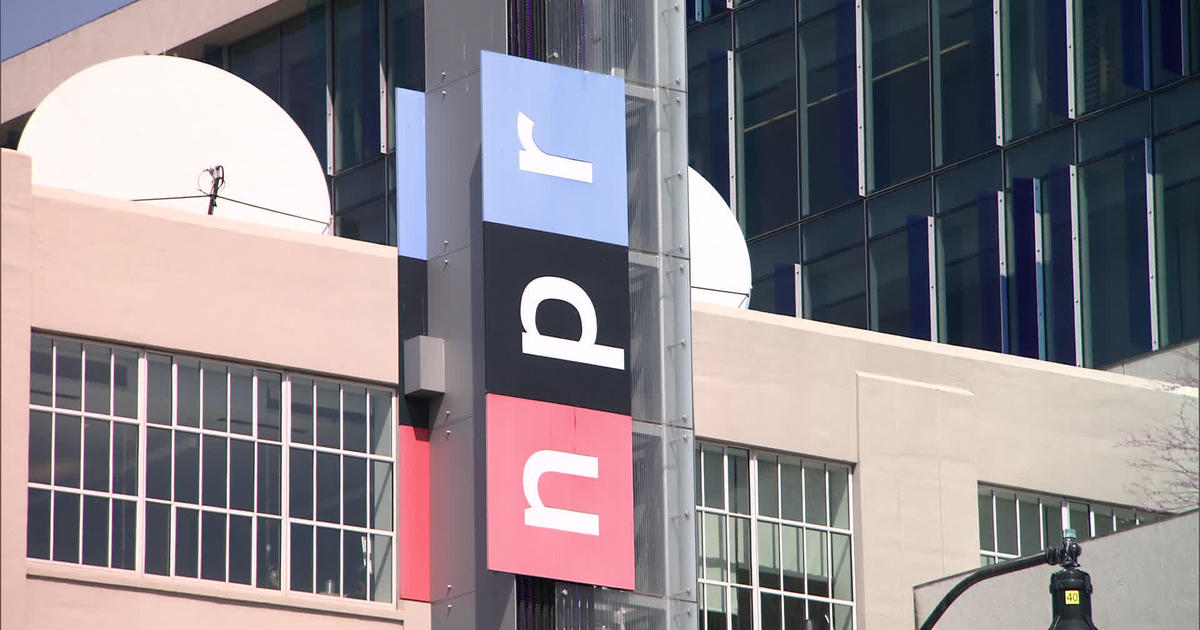Coca-Cola and other major consumer brands vow to cut plastic pollution
- A World Wildlife study finds the equivalent of a dump truck full of plastic waste is dumped into the water every minute.
- So the WWF has launched an initiative to cut plastic waste by 10 million tons.
- Coca-Cola, which has signed on to the program, produces 3 million tons of plastic waste.
- Other big companies that are on board are McDonald's, Keurig Dr Pepper, Starbucks, P&G and Tetra Pak.
Days after a diver found a plastic bag in the deepest place on Earth, some of America's largest consumer companies are doubling down on promises to cut plastic pollution. Coca-Cola, McDonald's, Keurig Dr Pepper, Starbucks, P&G and Tetra Pak have signed onto an initiative led by the World Wildlife Fund that aims to cut plastic waste by 10 million tons.
Dubbed ReSource: Plastic, the plan's goal is to speed up companies' sustainability commitments by identifying solutions and putting them into place. "As few as 100 companies have the potential to prevent roughly 10 million metric tons of the world's plastic waste," the WWF said. Coca-Cola alone produces 3 million tons of plastic annually, a number it disclosed for the first time earlier this year.
The initiative piggybacks on a recent report from the WWF that shows the equivalent of a dump truck full of plastic waste is dumped into the water every minute. It aims to stop new plastic pollution in just over 10 years.
Companies should take a three-prong approach, starting with producing less single-use plastic, Alix Grabowski, WWF's deputy director of sustainability research and development, told CBS News. "There are things that we can do without, and we should start thinking about that," she said, citing plastic straws as one example.
Grabowski added that truly necessary plastic should be sourced "responsibly," either by recycling existing plastic or deriving it from biological materials. And after plastic is used, she said, we should "collect everything back and reuse as much as we can."
The last part is the trickiest. Americans have never recycled as much as other developed countries, with recycling rates peaking at about 35% of overall waste. That rate plummeted last year, according to environmentalists, after many countries where the U.S. once shipped its scrap stopped accepting it.
"We incinerated about six times as much plastic last year as we recycled. We're not really doing very well," said John Hocevar, oceans campaign director for Greenpeace USA.
A recent study found that just 9% of all the plastic that has ever been produced has been recycled. That's prompting some smaller retailers and manufacturers to avoid packaging altogether.
"What we're seeing right now is … the rejection of the idea that everything is recyclable," Martin Bourque, executive director of the Ecology Center in Berkeley, California, recently told CBS News. "We can't recycle our way out of this problem."
Instead, consumers -- and a handful of retailers -- are moving toward avoiding plastic altogether. The Refill Shoppe in Los Angeles, for instance, sells only unpackaged bulk products. In Brooklyn, New York, bulk-product stores like Package Free, The Fillery and Precycle also ask customers to bring their own container.
Environmentalists hope this consumer demand will push large companies to make bigger plastic cuts. "Any serious effort to solve plastic pollution has to start with source reduction," Greenpeace's Hocevar said.
"I speak to corporate executives almost every day, and everybody agrees that this is a problem, everybody agrees that we have to change," he said. "We have a long way to go to see the level of ambition and urgency from these cos' that's needed, but they're increasingly hearing from their own customers, and that has some power."



